TL;DR:
- Coinbase filed a petition asking the SEC to begin rulemaking on digital asset securities.
- The existing rules for securities just do not work for digital assets.
- Our petition calls on the SEC to develop a workable regulatory framework for digital asset securities guided by formal procedures and a public notice-and-comment process, rather than through arbitrary enforcement or guidance developed behind closed doors.

By Faryar Shirzad, Chief Policy Officer
Today, there is a robust crypto market in the U.S. That market includes thousands of different digital assets, crypto companies, and decentralized financial products, and is regulated at every level of government, including by multiple federal agencies in the United States. Yet despite the growth that has happened in recent years, close examination reveals a glaring deficiency in this market. Even with billions of dollars invested toward crypto innovation, and the passage of more than 13 years since the introduction of Bitcoin, there is still no meaningful crypto securities market in the United States.
Many factors can positively influence how a given market develops, but when it comes to crypto securities there is a significant, foundational hurdle that has prevented that market from maturing. That hurdle is the fact that the securities rules simply do not work for digitally native instruments. They don’t work for tokenized debt. They don’t work for tokenized equity. They don’t work for crypto. And that’s a major problem.
The consequence is that the United States is falling behind in digital asset innovation. Most of the digital assets traded today have the characteristics of commodities, and in many instances, were specifically designed to avoid the securities laws. In other words, as the crypto market develops, it is deliberately steering clear of the securities market — one of the principal financial markets in the United States. At Coinbase, we believe that digital asset innovation offers a number of profound, market-enhancing benefits — like real time settlement, the ability to trade safely without needing to go through costly intermediaries, and a transparent record of all transactions. But the full weight of those benefits will not come to pass if they are excluded from a market as big and impactful as the securities market.
Crypto assets that are securities need an updated rulebook to help guide safe and efficient practices. Crypto assets that are not securities need the certainty of being outside those rules. Anything short of that will have the effect of entrenching incumbent technologies at the expense of innovation and ultimately, consumers. That’s why we have submitted a petition to the SEC to request that it develop rules that work for digital asset securities. Here’s a little more on the problem as we see it, and how we hope to work toward a solution:
The Problem
Modern securities law was put into place by the Securities Act of 1933 and the Securities Exchange Act of 1934. The most well-known securities are stocks and bonds, but most other assets that are considered securities are classified as such because they are “investment contracts” or “notes.” The Supreme Court set forth how to determine whether an asset is an investment contract or note in SEC v. W.J. Howey Co. and Reves v. Ernst & Young. The former case created a test for determining whether an asset is an investment contract; the latter created a test for determining whether an asset is a note. These tests play a large role today in evaluating whether a crypto asset is a security.
It is often difficult to determine what a jurist was thinking when they drafted a given piece of law, but I think it is reasonable to assume that none of the authors who drafted these securities statutes from the 1930’s, or the subsequent Supreme Court tests interpreting those statutes, did so while thinking of a day when a decentralized, cryptographically-based, automated financial instrument would be adopted en masse by millions of people in the United States and around the world.
Put simply — when these authors were writing rules to regulate square pegs, they did not account for how those rules would impact the unpredictable round holes of the future.
Securities law is thus not well-suited to govern digital assets. Attempted application of such ill-fitting laws to crypto creates a number of problems, including:
- Lack of regulation for the subset of crypto assets that are securities;
- So many different steps and intermediaries that there is no way trades can settle in real time;
- It is effectively impossible for individual investors to trade directly, without using a broker; and
- Blockchain technology is not able, under the current rules, to be used as a reliable record of transactions, even though this is the innovation that makes distributed ledger technology so powerful.
The SEC has thus far been unwilling to write new rules for crypto securities. Instead, the Commission recently announced that it will double the size of the enforcement unit that handles crypto and cyber cases. This enforcement-first approach has stifled development of the crypto securities market and prevents entrepreneurs from using crypto to raise money for their companies. It also prevents investors from using crypto to invest in those ventures.
Perhaps worst of all, the SEC’s approach has created enormous risk for investors. We saw this in vivid detail when the Commission brought an enforcement action against Ripple, after years of taking no action against them, claiming that XRP is a security. The value of XRP dropped immediately, costing investors huge sums of money. The XRP case is especially notable because there was disagreement even within the federal government about whether XRP was a security or not: FinCEN had determined it was not a security, and then the SEC said that it was.
If the SEC were to write rules permitting the tokenization of securities, the opportunities for innovation would be significant. The crypto markets could be expanded to offer crypto securities, subject to SEC regulation and governance, thereby giving investors new ways to invest in crypto. And opening debt and equity securities to tokenization would promote efficiency and resiliency in traditional markets.
But the SEC has not done this.
While the SEC has refused to develop new rules for digital asset securities, several governments and other organizations around the world are well on their way to new, workable crypto rules. The list is significant, and includes the European Union, United Kingdom, Singapore, Japan, Hong Kong, Australia, and Brazil. Action taken last month by the EU on their Markets in Crypto Assets (MiCA) regulation, for example, demonstrates the world’s largest economy — made up of 27 different countries — putting in place a clear, comprehensive set of rules for crypto.
We believe the SEC should follow the lead of these jurisdictions by helping to develop a robust and vibrant crypto securities market, with all of the excellent protections that investors have come to expect from American financial markets. That is why we filed our petition with the SEC that requests such a rulemaking to take place.
Coming Up With a Solution
With this petition, we are asking the SEC to start a process where the public and key stakeholders can transparently provide input into the agency’s work on crypto. We also hope the petition will launch a broader conversation where members of Congress — many of whom also see the need for the regulations to evolve — will provide their views. Doing this right will help to avoid one-off, arbitrary decisions that provide little clarity or guidance to the industry, and will instead result in a clear set of comprehensive rules, much like important jurisdictions around the world are working toward.
Coming up with such comprehensive rules will require a genuine examination of how crypto works differently from traditional financial securities and what provisions would actually protect investors who trade in crypto securities.
That examination should look at current crypto trading. Crypto trades differently from securities in a number of ways, and these differences must be weighed when writing rules for crypto securities. Consider:
- Traditional financial exchanges like the New York Stock Exchange and NASDAQ have set trading hours, but crypto trades 24/7/365.
- While traditional financial exchanges require that investors trade through the services of a broker, crypto lets you buy, sell, and trade assets directly, without going through an intermediary.
- Finally, traditional securities exchanges only trade securities; they do not trade commodities or any other type of assets. Crypto investors seek to trade across types of tokens — buying stablecoins to store value, and then buying other crypto with those stablecoins, for example — all on one platform. This kind of trading is not recognized under existing rules for securities exchanges, but could offer tremendous capital efficiency gains.
Another way crypto is different from stock exchanges has to do with custody — or how securities have to be held and kept safe by brokers and exchanges.
Traditional securities transactions are permitted up to two days to settle. This delay is designed to accommodate trades going through a number of intermediaries before the securities are finally in the hands of the buyer, and the cash with the seller. Using existing technology, these intermediaries are needed to help make sure a trade goes through as promised. The buyer must actually pay the money, the seller must actually give up the assets, the trade must be properly recorded, and there must not be any errors or unauthorized actions. The broker also has to hold the securities in a certain way to ensure that it has “possession” and “control” over the assets. These rules ensure that the broker keeps the customer assets safely, and also ensures that the broker completes customer trades appropriately.
This system of intermediaries, and the specific custody rules governing them, fail to leverage the benefit of blockchain technology and do not work for crypto:
- First, crypto investors expect trades to happen within seconds — one of the key innovations of crypto. But the current rules have too many steps to allow for immediate settlement.
- Second, in order for trades to happen that fast, the securities and the money have to be held by the exchange so the exchange can effect the transaction as soon as it happens. But a crypto exchange cannot custody assets the same way that a broker can and still effect an immediate trade.
- Finally, the rules for how to keep assets safe — to show possession and control — are based on how you would keep a stock or bond safe, not how you might hold a private key for crypto securities.
Let’s Work Together on This Solution
Coinbase believes that effective regulation benefits everyone — buyers, sellers, exchanges, and the U.S. financial system. The SEC has a long history of creating and enforcing regulations that have enabled the development of deep, liquid, and transparent capital markets in the U.S. These markets have, in turn, fueled incredible innovation and helped entrepreneurs build companies that have transformed the lives of billions of people.
Thankfully, the SEC won’t have to start from scratch when figuring out how to move forward. We laid out the questions that we think the Commission should be asking stakeholders and itself in determining the right path forward — our petition was written with the input of some of the best securities lawyers and economists in the country. If the Commission starts an open process where all of us can provide input, we look forward to sharing our thoughts on how to answer the important questions our petition raises, and we would encourage others to do the same. We may not agree every step of the way, but it’s critical that this is an open and transparent process, where the public has a chance to offer their views. Policymaking at this level is far too important to be made in a black box.
Crypto represents the next wave of innovation within the markets themselves — and whatever country encourages that innovation while also keeping investors safe will reap enormous benefits. We need the SEC to once again write the rules that will unleash the potential of U.S. capital markets, this time fueled by the benefits provided by crypto.
If they don’t, others will — and the U.S. may not be able to catch up.
The Crypto Securities Market is Waiting to be Unlocked. But First We Need Workable Rules. was originally published in The Coinbase Blog on Medium, where people are continuing the conversation by highlighting and responding to this story.

You can get bonuses upto $100 FREE BONUS when you:
💰 Install these recommended apps:
💲 SocialGood - 100% Crypto Back on Everyday Shopping
💲 xPortal - The DeFi For The Next Billion
💲 CryptoTab Browser - Lightweight, fast, and ready to mine!
💰 Register on these recommended exchanges:
🟡 Binance🟡 Bitfinex🟡 Bitmart🟡 Bittrex🟡 Bitget
🟡 CoinEx🟡 Crypto.com🟡 Gate.io🟡 Huobi🟡 Kucoin.
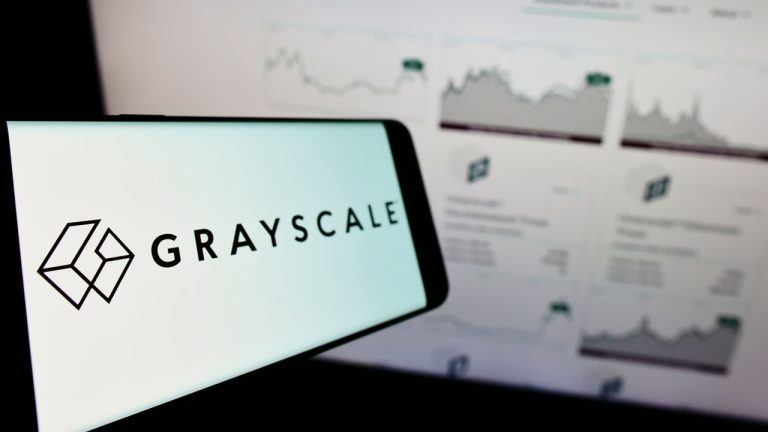
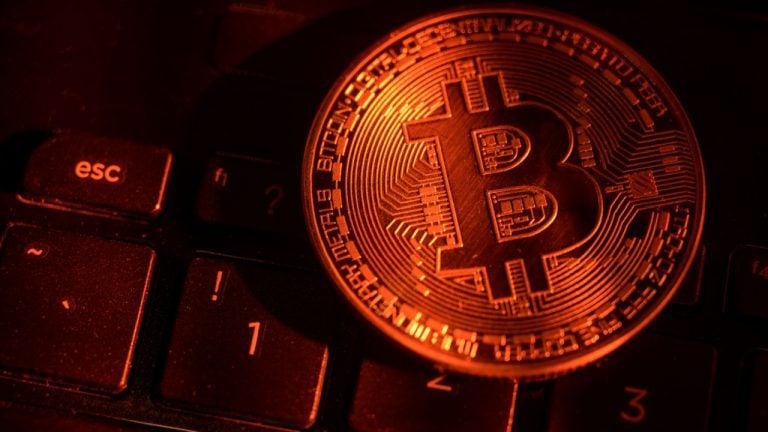
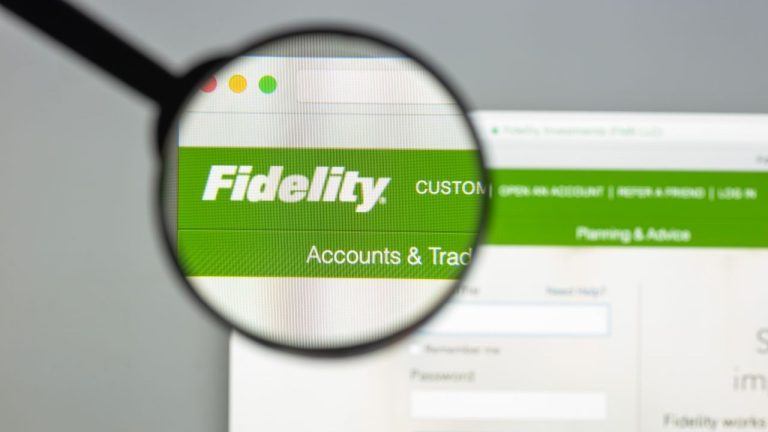




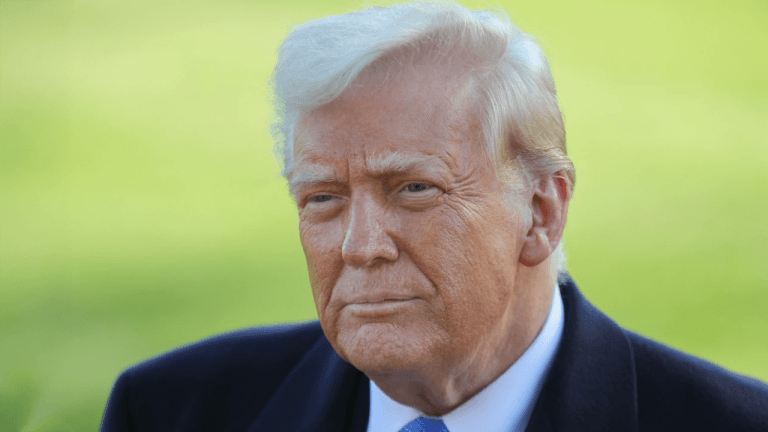






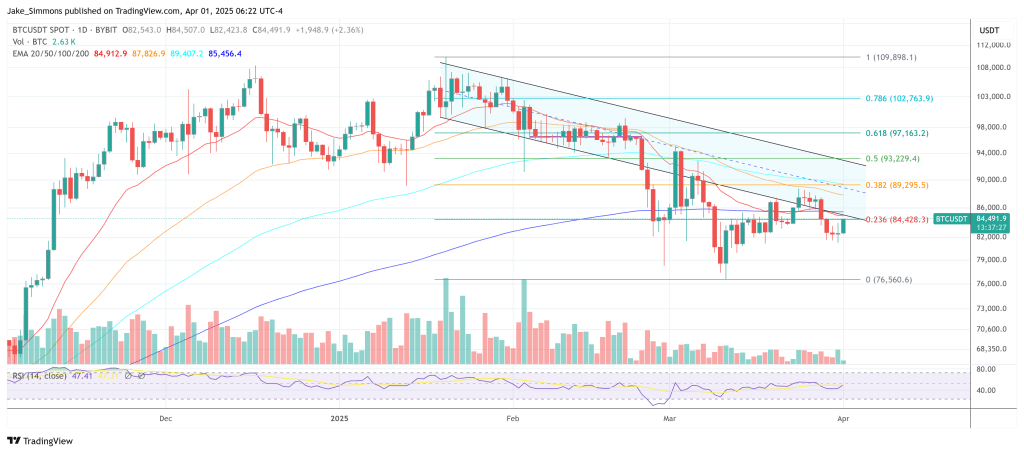





Comments